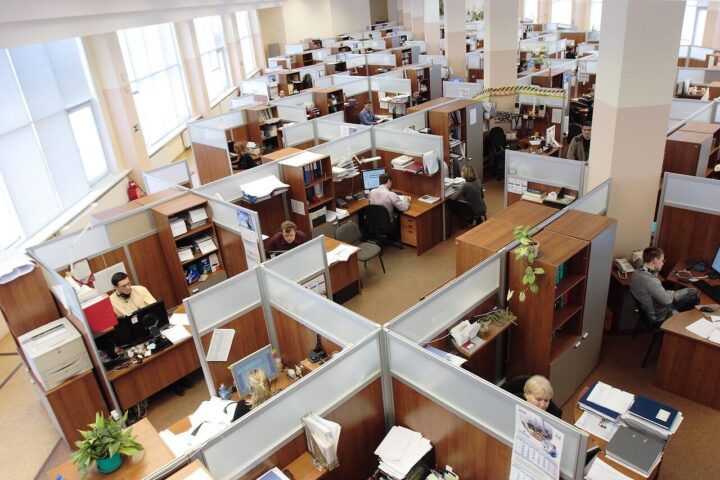Only one in ten young workers want to work in the office full-time. This finding comes from a new Times survey of workers aged 18 to 27, known as Generation Z or Gen Z.
The numbers tell a clear story. Right now, 21% of young workers do most or all of their work from home. Less than half (40%) go to the office five days a week. Compare this to the overall population, where about 50% work full-time in the office.
Young workers want even more flexibility. Nearly a quarter want to work mostly from home, while 17% don’t want to go to the office at all.
“I enjoy working from home on Mondays and Fridays,” says James Toomey, 25, who works in advertising. “But three days in the office is perfect. It helps build better work relationships.”
The change goes deeper than just where people work. More than half of young workers admit they work less hard than their parents did. Only 5% say they work harder.
This shift worries some experts. Claire McCartney from the Chartered Institute of Personnel and Development points out a key problem: “Young workers miss out on learning from others when they’re not in the office. They need face-to-face time for mentoring and building connections.”
Similar Posts:
The pandemic changed everything, explains Dean Connelly, who runs a job recruitment company. “These young workers started their careers during Covid. They’ve only known remote work. That’s why they push back when companies want them in the office more.”
Big companies are trying to adapt. Lloyds Bank now ties manager bonuses to office attendance. WPP, a large advertising company, wants workers in the office four days a week. But over 20,000 people signed a petition against this rule.
The impact goes beyond just work. 33% of young workers say the pandemic hurt their employment. One-third report long-term negative effects on their mental health. And 22% say it damaged their education.
But there’s an upside to these changes. “Before Covid, we were very much in a presenteeism type of office culture,” Connelly explains. “Now, young workers are pushing everyone to focus on getting work done, not just showing up.”
This new way of working isn’t just about convenience. It is changing how we view work itself. As more young people join the workforce, their preferences might become the new normal.
These changes affect everyone – workers, bosses, and companies. While some worry about reduced in-person learning opportunities, others see the benefits of flexible work arrangements. The key challenge is finding a balance between remote and office work that supports both employee development and business goals.











